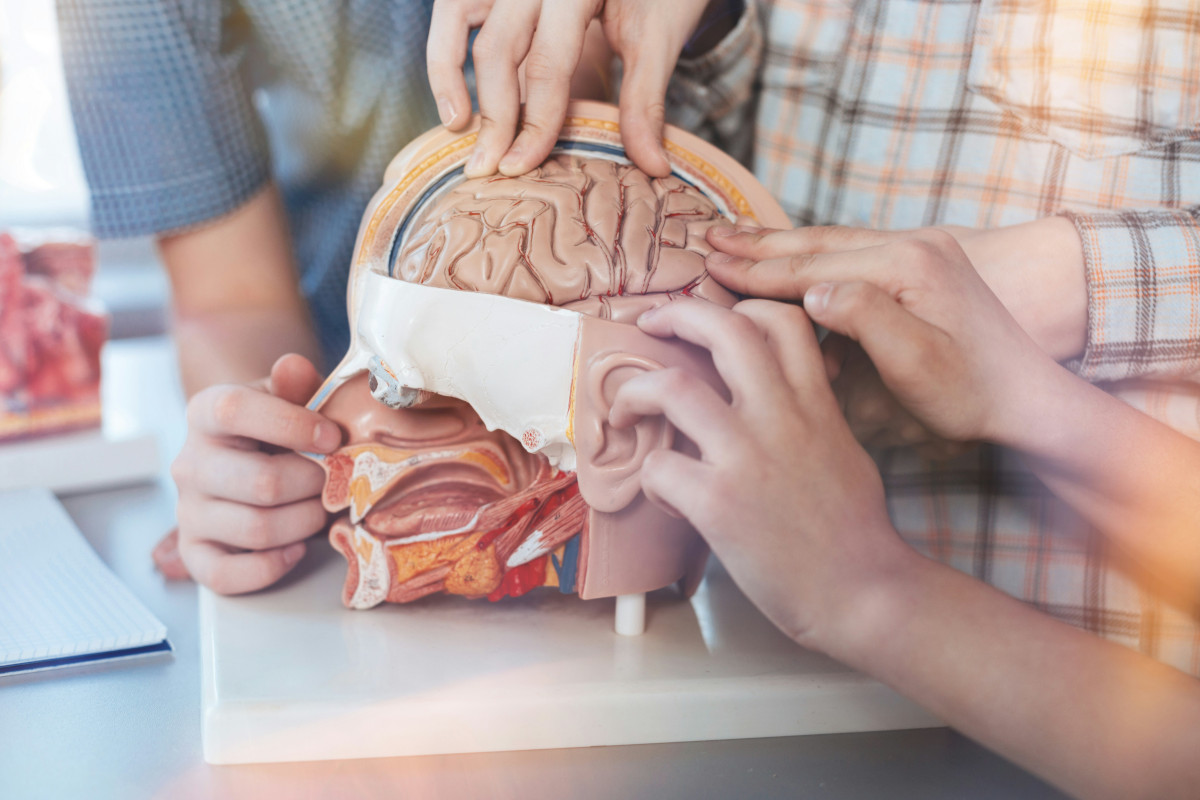Migraine and mental performance: good or bad?
There is ample research evidence that the brains of people with migraine are special in how they process sensory input. The migraine brain responds sooner and faster to incoming sensory information than the non-migraine brain. Certain changes in the human genome are responsible for this special predisposition. Scientists proved this in large-scale studies where they looked for tiny changes in genes that might link to a predisposition for migraine. Studies of this kind are very expensive and complex because they require a large number of participants. Scientists partnered to collect results from more than 375,000 people. Tiny changes in 44 parts of the human genome were found to be linked to an increased risk of migraine disorder.
-
References
Costa A, Sansalone A, Squillace A, Vescio G, Iannacchero R. O007. Self-referred cognitive impairment in migraine patients. J Headache Pain. 2015 Dec;16(Suppl 1):A149. doi: 10.1186/1129-2377-16-S1-A149.
Gaist D, Pedersen L, Madsen C, Tsiropoulos I, Bak S, Sindrup S, McGue M, Rasmussen BK, Christensen K. Long-term effects of migraine on cognitive function: a population-based study of Danish twins. Neurology. 2005 Feb 22;64(4):600-7. doi: 10.1212/01.WNL.0000151858.15482.66.
Gil-Gouveia R, Martins IP. Cognition and Cognitive Impairment in Migraine. Curr Pain Headache Rep. 2019;23(11):84. Published 2019 Sep 11. doi:10.1007/s11916-019-0824-7
Göbel, Hartmut: Erfolgreich gegen Kopfschmerzen und Migräne. 8. Auflage Berlin/Heidelberg. 2016. doi: 10.1007/978-3-662-50493-2.
Gormley P, Anttila V, Winsvold BS et al. Meta-analysis of 375,000 individuals identifies 38 susceptibility loci for migraine. Nat Genet. 2016 Aug;48(8):856-66. doi: 10.1038/ng.3598. Epub 2016 Jun 20. Erratum in: Nat Genet. 2016 Sep 28;48(10 ):1296.
Huang L, Juan Dong H, Wang X, Wang Y, Xiao Z. Duration and frequency of migraines affect cognitive function: evidence from neuropsychological tests and event-related potentials. J Headache Pain. 2017 Dec;18(1):54. doi: 10.1186/s10194-017-0758-6. Epub 2017 May 5.
Rist PM, Kang JH, Buring JE, Glymour MM, Grodstein F, Kurth T. Migraine and cognitive decline among women: prospective cohort study. BMJ. 2012 Aug 8;345:e5027. doi: 10.1136/bmj.e5027.
Vuralli D, Ayata C, Bolay H. Cognitive dysfunction and migraine. J Headache Pain. 2018;19(1):109. Published 2018 Nov 15. doi:10.1186/s10194-018-0933-4






















